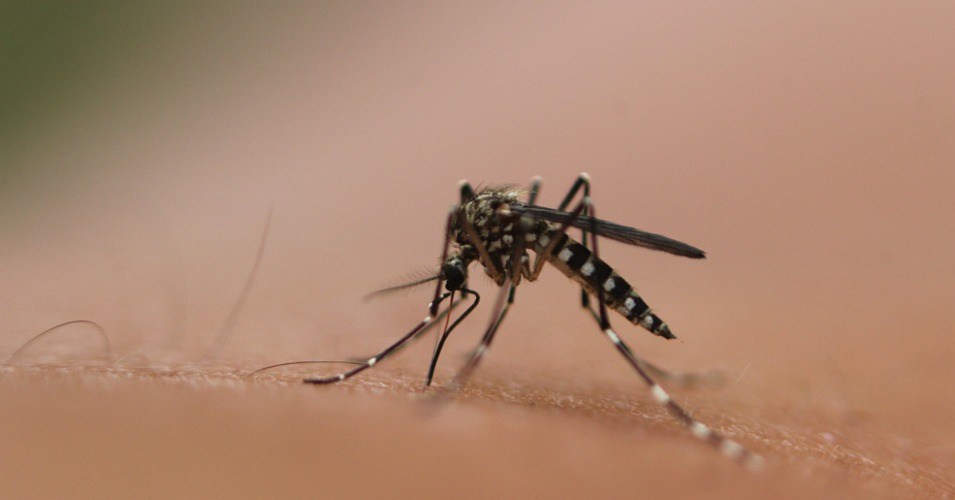-
Tips for becoming a good boxer - November 6, 2020
-
7 expert tips for making your hens night a memorable one - November 6, 2020
-
5 reasons to host your Christmas party on a cruise boat - November 6, 2020
-
What to do when you’re charged with a crime - November 6, 2020
-
Should you get one or multiple dogs? Here’s all you need to know - November 3, 2020
-
A Guide: How to Build Your Very Own Magic Mirror - February 14, 2019
-
Our Top Inspirational Baseball Stars - November 24, 2018
-
Five Tech Tools That Will Help You Turn Your Blog into a Business - November 24, 2018
-
How to Indulge on Vacation without Expanding Your Waist - November 9, 2018
-
5 Strategies for Businesses to Appeal to Today’s Increasingly Mobile-Crazed Customers - November 9, 2018
US closer to using genetically modified mosquitoes that could fight Zika
Considering the Florida Keys Mosquito Control District spends upward of $1 million each year on combating mosquito populations with insecticides, going the genetic route could be the more environmentally conscious solution.
Advertisement
The United States is now among some 50 countries and territories of the world, a lot of them in Latin America and the Caribbean, where Zika virus is active.
The genetically engineered male bugs, which pass on a gene fatal to any offspring they have with wild females, have been approved by the Food and Drug Administration (FDA). Male Oxitec mosquitoes, which do not bite or spread disease, are released to mate with wild female Aedes aegypti so that their offspring die, reducing the population.
Brazil and the Cayman Islands are releasing Oxitec’s insects as part of other mosquito control operations. Signs that read “No Consent” have sprouted across many lawns.
With Zika panic hitting Florida like a slap of sun-baked standing-water to the face, the Tampa Bay Times reported Wednesday that Florida Keys residents are still fighting back against efforts to release GMO mosquitoes to beat back the virus. A total of 15 people have gotten the virus from mosquitoes there since June 15.
In a statement about its final environmental assessment of the trial, the FDA said that the project led by Oxitec, a biotech company that specializes in insect control, will not have significant impacts on the environment.
News of the recent infections comes just after the California Department of Public Health reported Thursday that two infants suffering from Zika-related microcephaly were born in California to mothers who contracted the virus outside the country.
A swarm of genetically-engineered mosquitoes may soon break out in the Florida Keys. Although the Florida Keys have seen outbreaks of dengue in the past, the islands now aren’t suffering from any mosquito-borne outbreaks, including Zika, she said.
Luke Alphey, a co-founder of Oxitec who no longer works for the company, said people should trust the FDA’s analysis.
Still, the World Health Organization committee recommended “carefully planned pilot deployment” of Oxitec’s modified mosquitoes, together with rigorous independent monitoring and evaluation.
Senator Nelson said the genetically altered mosquitoes could stop Zika from spreading. Fusion notes that some have concerns about what removing a large portion of the Aedes aegypti mosquito population from the environment would have.
Kathryn Watkins, a Key Haven resident recruited by trial opponents, is seeking election to the board overseeing the Florida Keys Mosquito Control District.
Advertisement
Pregnant women are most at risk from Zika, a virus spread by Aedes aegypti mosquitoes.





























